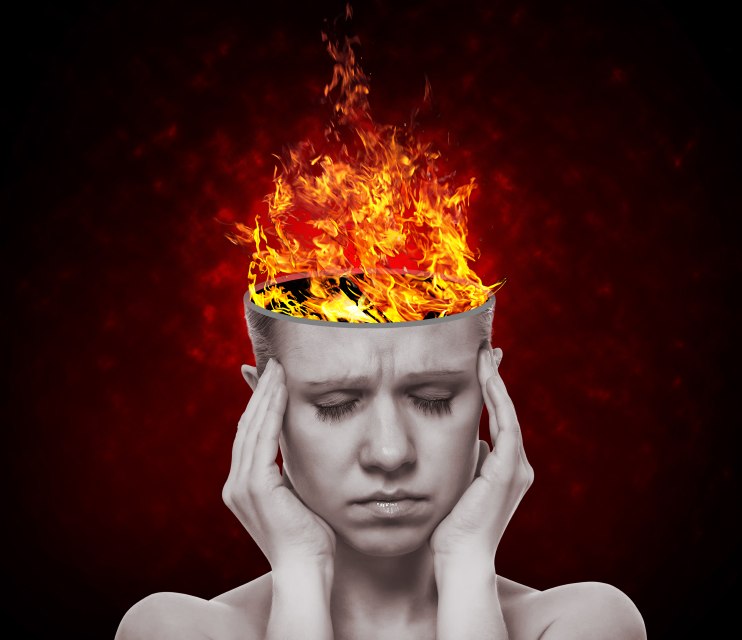I wanted to call attention to this piece on the development of psychological approaches to chronic pain. More attention is being paid to such alternatives, partly due to greater awareness of the hazards involved in opioid treatment, and also because of new research that suggests opioids were never all that effective in the first place. By chronic pain, we mean the sort where pain sensations persist after the initial injury or illness has healed– ordinarily for no obvious reason, and for several months or longer.
The failure of opioids for longterm use has led medical science to rethink its traditional approach to pain. Especially the chronic type. The most serious examples may now be categorized as Chronic Pain Syndrome, or CPS, which is then treated as a disorder in its own right.
The possibility of relief through psychological interventions– psychotherapy, CBT protocols, a host of “alternative” remedies– drew attention because chronic pain is so often accompanied by depression and anxiety. In some cases, these emotional symptoms prove more damaging than the pain itself.
If medication represents a classic “hardware” response to pain, relieving it through direct action in the brain and spinal cord, then these new strategies could be viewed as a way of addressing pain through an patient’s mental “software”. By relieving psychological discomfort, pain could be made more tolerable. Perhaps more important, the patient could begin to resume a normal life.
That in itself has a pronounced antidepressant effect on most of us.
The question invariably comes up: why has it taken the healthcare professions so long to get around to exploring alternatives to opioids? If I had to guess, it’s rooted in several practical advantages that medication has over psychotherapy.
- Medication is cheaper. Your insurance company knows this.
- Any physician can write a prescription. No special training required.
- A medication is often the quickest way to satisfy a patient in need.
- CBT and other therapies require more effort and commitment on the patient’s part than taking a pill.
And of course, once the patient has been taking the opioid for an extended period, dependence enters the picture. The opioid isn’t just the easiest way to relieve pain, it’ll feel like the only one that truly works.
So maybe it’s not a mystery after all.













